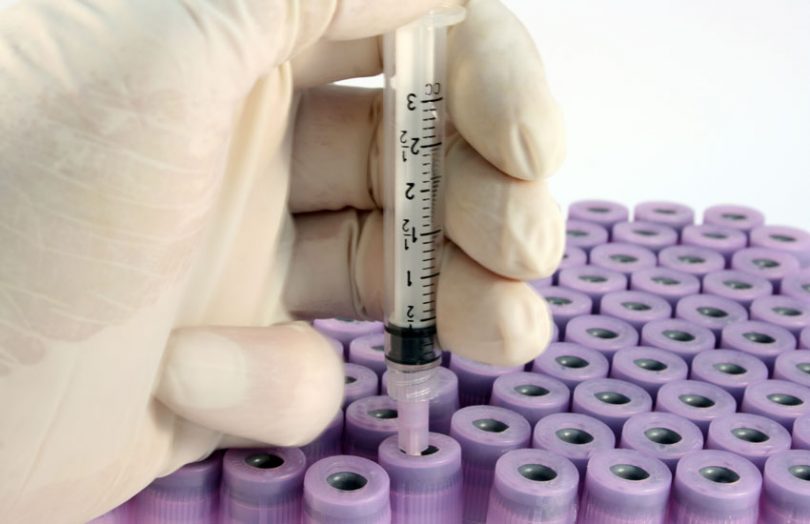On the 25th June, Q2 released details of its completed Proof of Concept for tracking biological samples using distributed ledger technology (DLT). The project, with enterprise blockchain firm R3 and medical tech company HSBlox, involved a simulation of the entire process; collecting, transporting, testing, and storing the sample.
Q2, a joint venture of IQVIA and Quest Diagnostics to provide services to clinical trial labs, conducted the effort. Atlanta based HSBlox developed the patent-pending Digital Sample Manager for the project, which runs on R3’s Corda blockchain and Microsoft’s Azure.
The firms hope to streamline the handling of samples for clinical trials, where accuracy and efficiency are key. A mismatched label or contaminated sample could render the trial worthless, losing valuable research time and funding. Data must be checked and rechecked to ensure trust in the results, which are further reliant on sometimes “substandard” transportation logistics.
Yesterday’s announcement outlines Q2’s DLT based solution for sample management. The proof of concept showed that samples can be traced through different institutions on a single decentralized platform.
“The FDA and other regulatory bodies are tightening their scrutiny of traceability and chain of custody for clinical research and trials. There is no industry standard regarding the exchange of chain of custody information,” explained the CEO of Q2, Brian O’Dwyer. “DLT is a great technology for ensuring trust in the data.”
Indeed, thanks to the trust and security afforded by R3’s Corda, sensitive data verification can be automated without compromising patient privacy. Reporting results can be streamlined, as blockchain technology eliminates the need for rechecking.
HSBlox partnered with R3 last year to launch the Corda Healthcare Community, a point of contact for companies developing healthcare apps. The firms also collaborated on RevBlox, a blockchain solution for insurance payouts.
Camelot ITLab previously came up with a blockchain, also for traceability of human biological material, to be used in cancer treatment. And IBM is working with pharmaceutical company Boehringer Ingelheim on a clinical trials blockchain.






